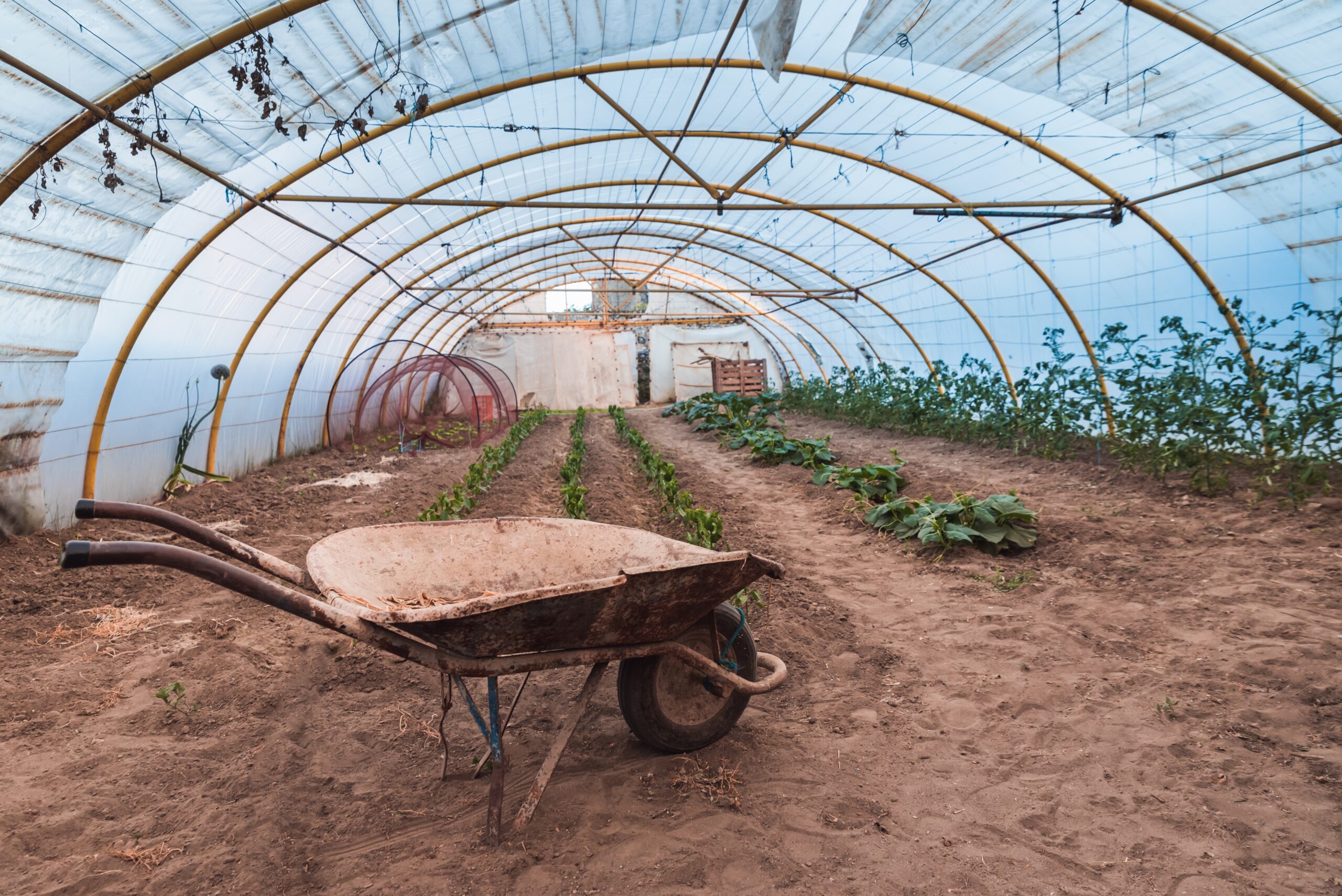Revisiting an End to the Agricultural Commodity Era
Luke Pritchard, Deputy Director, Nature Based Solutions
Recently, the We Mean Business Coalition and our partners from the Food and Land-use Coalition and World Business Council on Sustainable Development published a new series of reports, delving deep into the costs and benefits associated with tackling agriculture and land-use change emissions for businesses. The figurative seeds for this project were planted nearly two years ago when, in discussion with colleagues, we realized there was no comprehensive roadmap to identify or prioritize the scale of investment that would need to be mobilized by the private sector to transform the food system in line with a 1.5 degree pathway.
The research paints a generally optimistic picture: transforming the food system to a resilient and low-emissions future aligned with the Paris Agreement is within reach. For $205 billion per year, the private sector could mitigate a substantial 9 gigatons of CO2 equivalent annually. To put this into perspective, that’s roughly three times the total yearly fossil fuel emissions of India.
While the transition costs are a relative bargain in the world of marginal abatement cost curves, our research also shows that ensuring the right investments get to the right place will be a challenge, requiring companies to re-think how they interact with stakeholders throughout their supply chains. And for me, it warrants a revisiting of the notion that we must quickly accelerate to a post-commodity mindset for food and agriculture.
In 2018, Mars’ Chief Procurement Officer Barry Parkins penned a prescient op-ed calling for the end of the agricultural commodity era. For centuries, our global food system has been entrenched in a commodity-focused paradigm. Companies have historically procured products from farmers with little consideration for their production methods, placing an equivalent value on the end product regardless of its social and environmental impact. While this mindset perhaps accelerated operational and economic efficiencies in international supply chains, it has stymied investments in farmers themselves by reinforcing a misguided notion that farmers – and the way they steward land – are interchangeable and of little consequence. The entrenched transactional relationship with farmers has perpetuated a cycle of underinvestment in the way our food is made, grossly prioritizing the end product over the process used to grow it.
Our research suggests that, to galvanize the necessary investments for reshaping our food system, an expedited journey to a post-commodity era is needed. Building a resilient, low-emissions food system cannot be accomplished through mere commodity transactions. It demands a fundamental pivot towards investing in farmers and the agricultural practices they deploy. Over 60% of emissions within corporate food value chains stem from upstream activities, highlighting the critical role of farmers in implementing solutions such as improving rice paddy water management, adopting feed additives that reduce enteric fermentation, deploying biodigesters on farms, optimizing fertilizer usage, and halting deforestation in food production.
Farmers, as protagonists in this story, face significant risks and financial burdens in implementing new solutions. To do so they must acquire new skills, invest in novel infrastructure, and – for many solutions – endure slow returns on investments. Unsurprisingly, most farmers are unable to shoulder this weight.
This means the entire sector needs a considered recalibration. No longer can we afford to engage with farmers through sporadic, one-off transactions. Instead, we must integrate them as indispensable long-term partners, vital for establishing a dependable and resilient supply chain. Value must be placed not just on what comes off the farm, but what happens on the farm. Partnerships must place value not just on how crops were produced this year, but also on how they will be produced in five years. And the responsibility for ensuring sufficient capital is available to de-risk and establish an equitable transition for farmers falls squarely on companies across all segments of food supply chains.
The encouraging news is that the tide is turning. Last year, Walmart and PepsiCo made headlines by jointly investing $120 million, specifically aimed at bolstering U.S. and Canadian farmers in their endeavors to enhance soil health and water quality. Nestlé has also stepped up to the plate, committing 1.2 billion CHF through 2025 to drive the adoption of regenerative agriculture on a global scale. This investment includes providing cash incentives, crop insurance, and technical assistance to coffee farmers in Indonesia and Mexico who adopt cover crops, incorporate organic fertilizers, and expand agroforestry practices. And in Spain, Unilever is forging partnerships with tomato farmers to reduce emissions while simultaneously implementing cutting-edge irrigation systems to establish more climate-resilient practices. These initiatives underscore a growing recognition within the corporate sphere of the urgent need to support farmers and promote sustainable agricultural practices.
These farmer-centered partnerships all suggest we may be edging closer to a post-commodity era. However, much more will need to be done to confront the magnitude of the challenges ahead.

